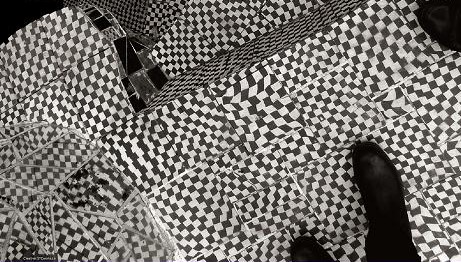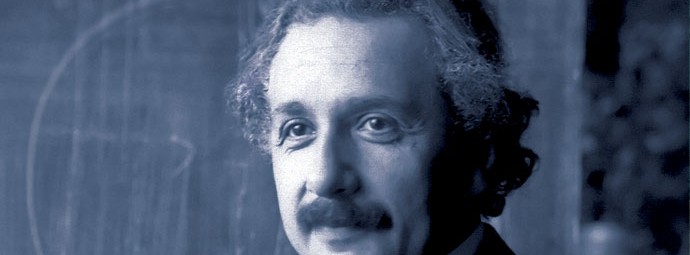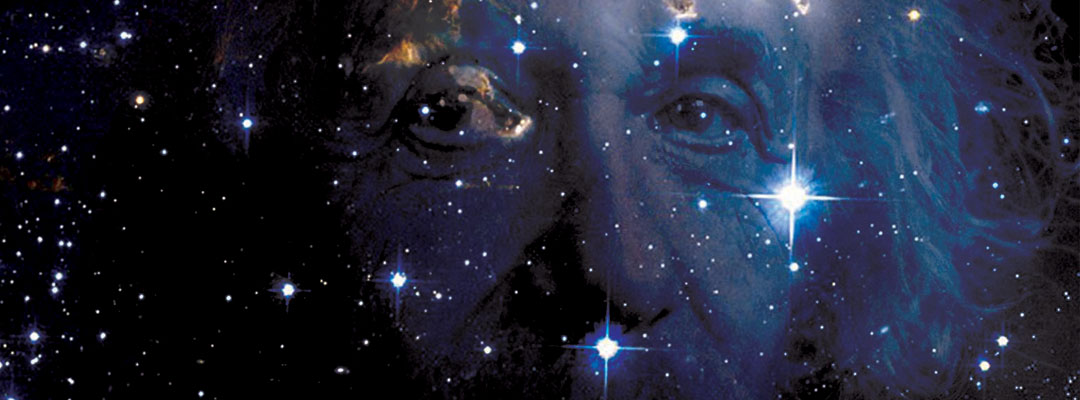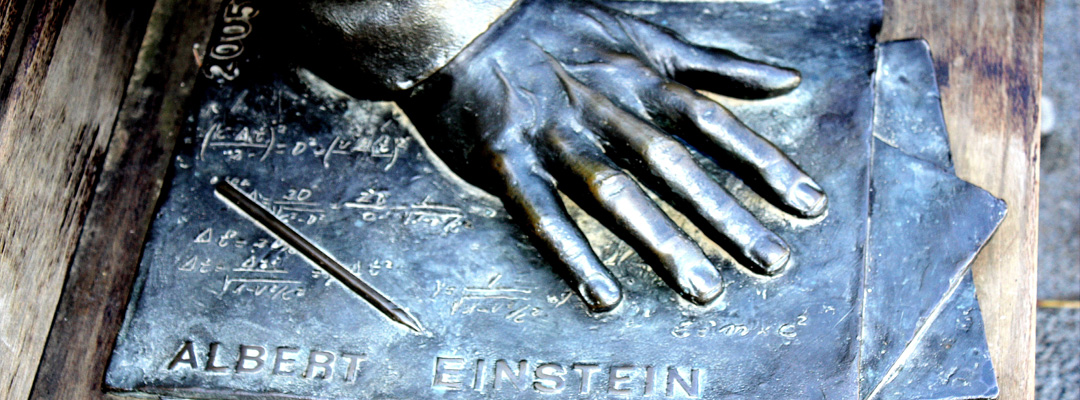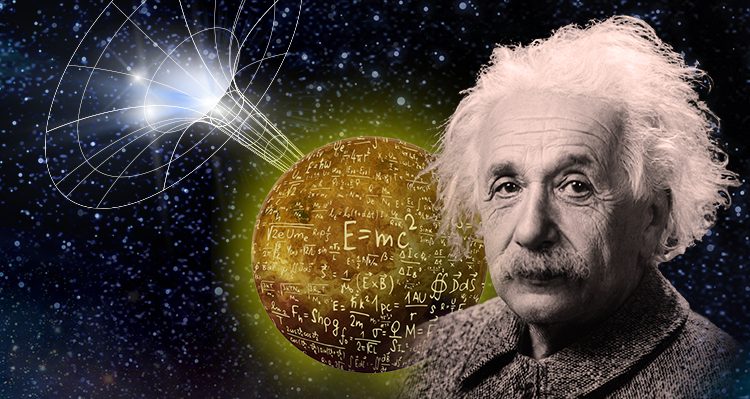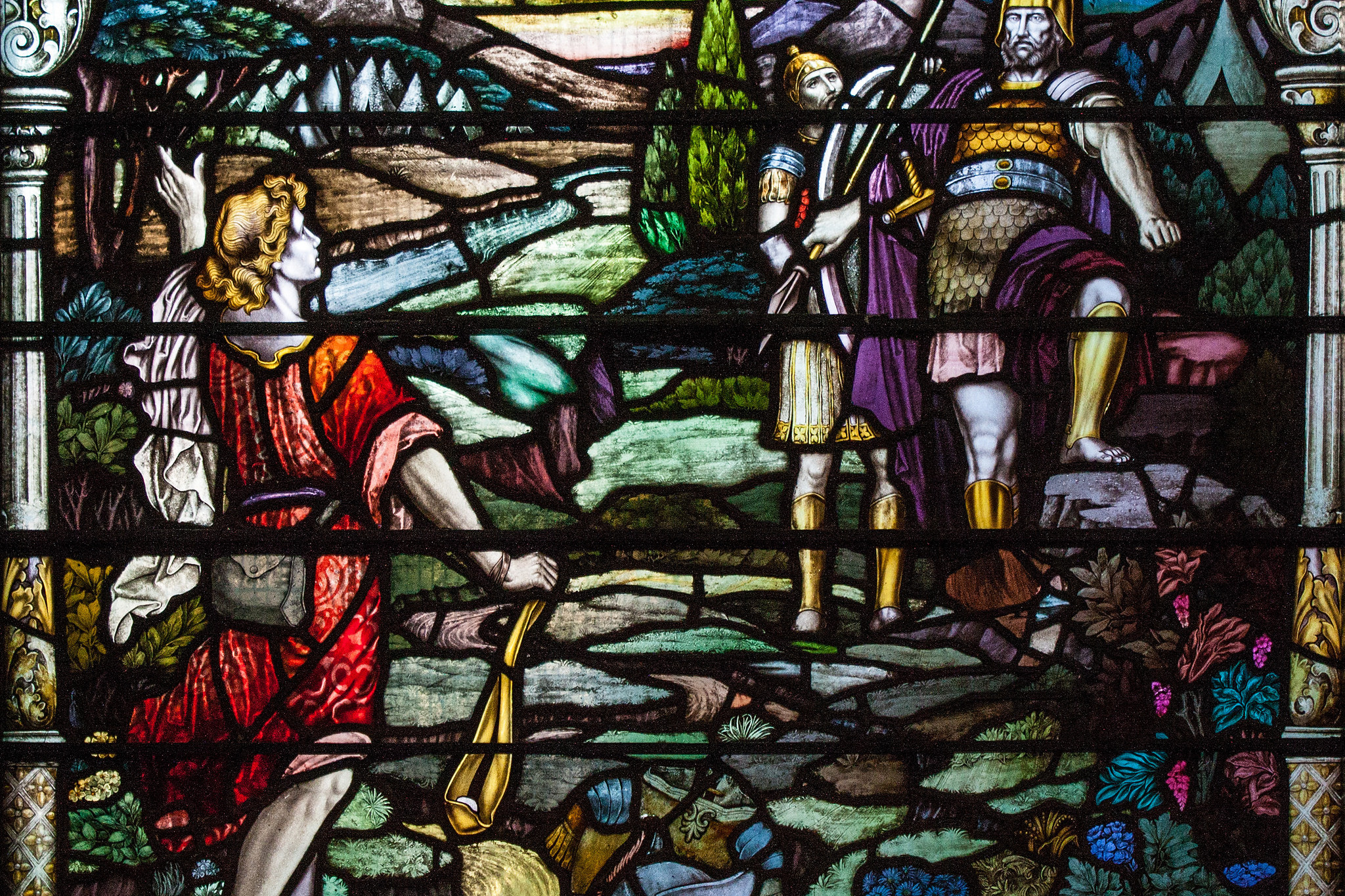History of Philosophy of Science
Colin Howson: Should Probabilities be Countably Additive?
ABSTRACT Though it may not sound like a very exciting question, a good deal of both the mathematics and the interpretation of probability depend on the answer to it. Many of the striking theorems of mathematical probability, like the celebrated 'with probability 1' convergence theorems, depend on the axiom of countable additivity, as does the [...]
Andrew Janiak: Three Concepts of Cause in Newton’s Thought
ABSTRACT Dr. Andrew Janiak, of Duke University, examines how Newton’s assertion that objects spread across space can interact causally is related to his endorsement of the traditional metaphysical concepts of substance and of causation. Download a copy of the lecture handout. SPEAKER PROFILE Andrew Janiak has been a Professor at Duke University since 2002. He [...]
Stephen Gaukroger: Sensibility and Metaphysics: Diderot, Hume, Baumgarten and Herder
ABSTRACT In the 1760s, Herder sets out a program for replacing metaphysical inquiry into the nature of thought with an anthropological account of the nature of thought. To understand the novelty and significance of Herder’s project, Gaukroger places Herder’s philosophical anthropology in the context of his contemporaries, Diderot, Hume and Baumgarten. SPEAKER PROFILE Stephen Gaukroger [...]
George Reisch: The Paranoid Style in American History of Science
ABSTRACT 2012 marks the 50th anniversary of the publication of Thomas Kuhn’s seminal book, The Structure of Scientific Revolutions. Reisch points out that it is no coincidence that the book was conceived, written, and published in America during the most stressful and anxiety-ridden years of the cold war. Reisch’s talk traces Kuhn’s influential book’s relationship [...]
Eric Schliesser: What Happened to Knightian (and Keynesian) Uncertainty Post WWII?
Dr. David S.H. Chu International Student Centre International and Graduate Affairs Building, Western University, London, Ontario, CanadaABSTRACT In this talk, Schliesser discusses the displacement of Knightian uncertainty from economics after 1945 by two new strategies. He will look at this discarded theory that could no longer be articulated, or even recognized, by the new theories that displaced it. Schliesser will also discuss the recent return to the concept of economic uncertainty [...]
John Norton: Einstein as the Greatest of the 19th Century Physicists
ABSTRACT Modern writers often endow Einstein with a 21st century prescience about physical theory that, it just so happens, is only now vindicated by the latest results of the same writers’ research. Norton explores another side of Einstein – the sense in which his work fulfills the discoveries of the 19th century. SPEAKER PROFILE John [...]
Causal Powers in Science: Blending Historical and Conceptual Perspectives
Dr. David S.H. Chu International Student Centre International and Graduate Affairs Building, Western University, London, Ontario, Canada2014 ROTMAN SUMMER INSTITUTE The 2014 Institute brings together philosophers of science and metaphysicians with historians of philosophy to discuss conceptual and historical issues concerning the nature and role of causal powers in science and the prospects of the debate between the neo-Aristotelian and neo-Humean approaches to causation and laws of nature. This is a [...]
Robert DiSalle: Gravity, Geometry, and Philosophy: 100 Years in Einstein’s Universe
Wolf Performance Hall - Central Library 251 Dundas St, London, Ontario, CanadaOne hundred years ago, in November 1915, Albert Einstein achieved his long-sought theory of gravitation: the General Theory of Relativity. In developing the General Theory, Einstein brought together ideas from philosophy, mathematics, and physics, to create a remarkable new conception of gravity, space, and time. His work is a model of the engagement between philosophy [...]
Peter Anstey: Locke on Measurement
ABSTRACT This Rotman Lecture concerns John Locke’s practical and theoretical interest in measurement. Locke’s fascination with the measurement of weight, distance, time and monetary value is evident throughout his notebooks, journal and correspondence. It is hardly surprising, therefore, that it features in his philosophical reflections as early as Drafts A and B of the Essay [...]
Gravity and Geometry: Centenary Perspectives on General Relativity
2015 Annual Philosophy of Physics Conference Participants will present physical, philosophical, and historical reflections on Einstein’s theory of gravity and space-time geometry, its development over the past century, and its future prospects. The conference will include speakers: Kaća Bradonjić (Wellesley College) Carla Cederbaum (University of Tuebingen) Michael Friedman (Stanford University) Marco Giovanelli (Einstein Papers Project) [...]
Chris Smeenk: Einstein’s Path to a New Theory
Stevenson & Hunt Room A - Central Library 251 Dundas St, London, Ontario, CanadaABSTRACT In November 1915, Einstein published a new theory of gravity. This lecture recounts the “rough and winding road” Einstein took in developing his theory, which ended with a dramatic race to the finish. Einstein’s approach was philosophical, partially guided by conceptual puzzles regarding space and motion. We will consider recent critical assessments of Einstein’s [...]
Stathis Psillos: Engaging Philosophy: Einstein on the Method of Science
Stevenson & Hunt Room A - Central Library 251 Dundas St, London, Ontario, CanadaABSTRACT Albert Einstein said that scientists are poor philosophers. Yet, he added that especially in periods of scientific revolutions, scientists should engage in philosophy and should not “surrender to philosophers the critical contemplation of the theoretical foundations” of science. In this talk I will aim to critically examine Einstein’s views on the method of science [...]
Doreen Fraser: Einstein, God, Dice, and Quantum Mechanics
Stevenson & Hunt Room A - Central Library 251 Dundas St, London, Ontario, CanadaABSTRACT Einstein is best known for his contributions to the physics of spacetime, the Special and General Theories of Relativity. However, he also played an important role in the development of quantum mechanics, the other great theoretical advance in twentieth century physics. Einstein’s famous response to quantum mechanics was that “God does not play dice.” [...]
Wayne Myrvold: Einstein and the Atom
Stevenson & Hunt Room A - Central Library 251 Dundas St, London, Ontario, CanadaABSTRACT Einstein's name is widely associated with the "atom bomb," via the formula E = MC2. Less widely known is that he played a key role in providing evidence that atoms exist at all. One of Einstein's early papers was an analysis of Brownian motion, the ceaseless dance of tiny particles, such as pollen grains, [...]
Chris Smeenk: Einstein’s Universe (Classes Without Quizzes)
Stevenson & Hunt Room A - Central Library 251 Dundas St, London, Ontario, CanadaThis lecture is part of the free public lecture series, Classes Without Quizzes, co-sponsored by Western Alumni and the London Public Library. ABSTRACT Einstein developed his theory of general relativity 100 years ago. Join philosophy professor Chris Smeenk for an exploration of Einstein’s distinctively philosophical approach to physics, and how his ideas have shaped our [...]
Einstein: Philosopher | Scientist, 100 years of General Relativity
SATELLiTE Project Space 121 Dundas St, London, Ontario, CanadaEXHIBIT DESCRIPTION Explore the genius of Einstein through a uniquely philosophical lens. On the centennial of Einstein solving the puzzle of General Relativity, this interactive exhibit delves into the philosophical groundwork that informed Einstein’s approach to science. Manuscript replicas (Courtesy of the Albert Einstein Archives, the Hebrew University of Jerusalem, Israel.) illustrate in detail Einstein’s [...]
Stathis Psillos: From natures to laws of nature
Room 4190 - Western Interdisciplinary Research Building Western Interdisciplinary Research Building, Room 4190, London, Ontario, CanadaABSTRACT The key claim of this talk will be that the conception of nature as being governed by natural laws is thoroughly modern. It arose mostly in the natural philosophy of Rene Descartes and was meant to replace natural powers as principles of change and of connection among distinct existences. This new conception of laws [...]
Arthur Sullivan — Wittgenstein, Carnap & Copernicus: adapting the a priori
Join us for a pre-read & virtual discussion with Rotman visiting fellow Arthur Sullivan. Please register below if you plan to attend. The reading for this event will be distributed to registered attendees a week before the event date. A link to the Zoom event will be shared the day before the event. ABSTRACT My point [...]



